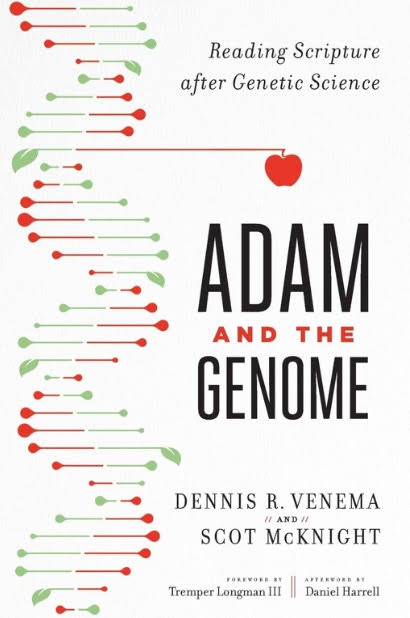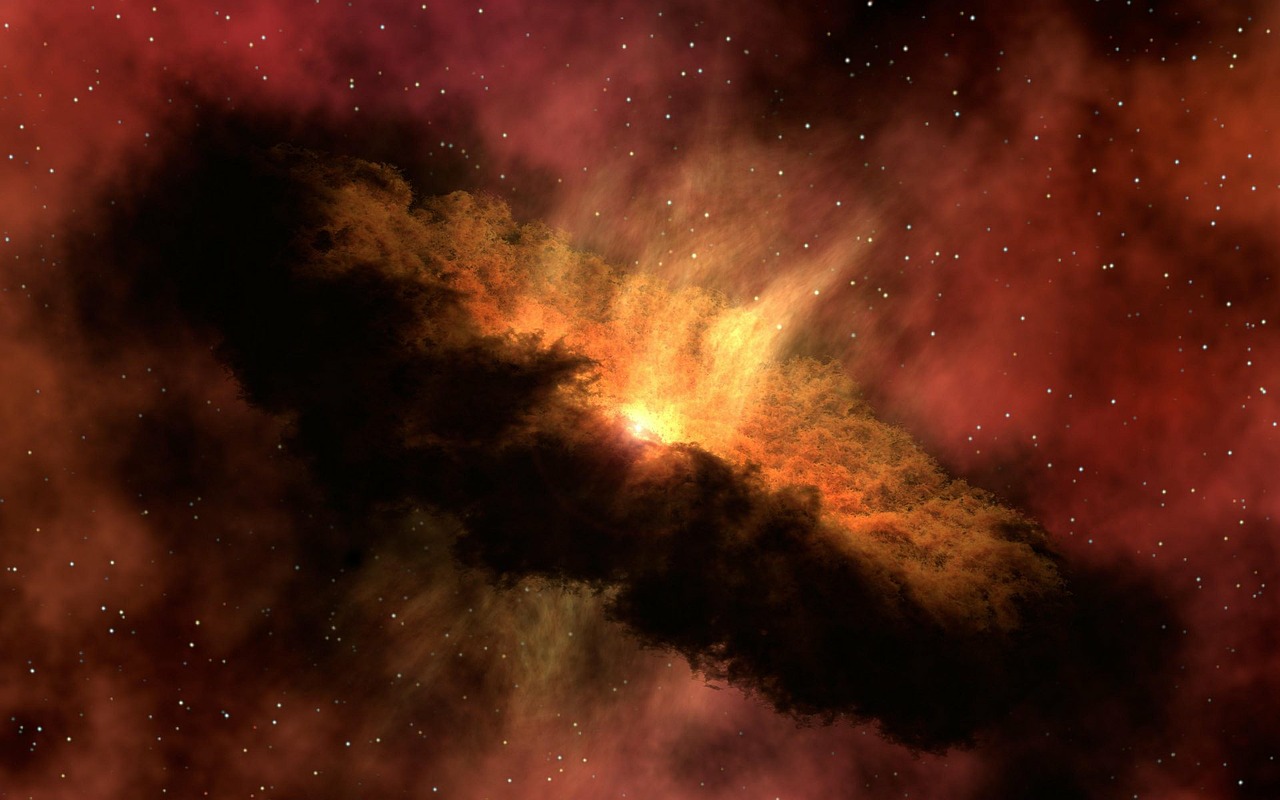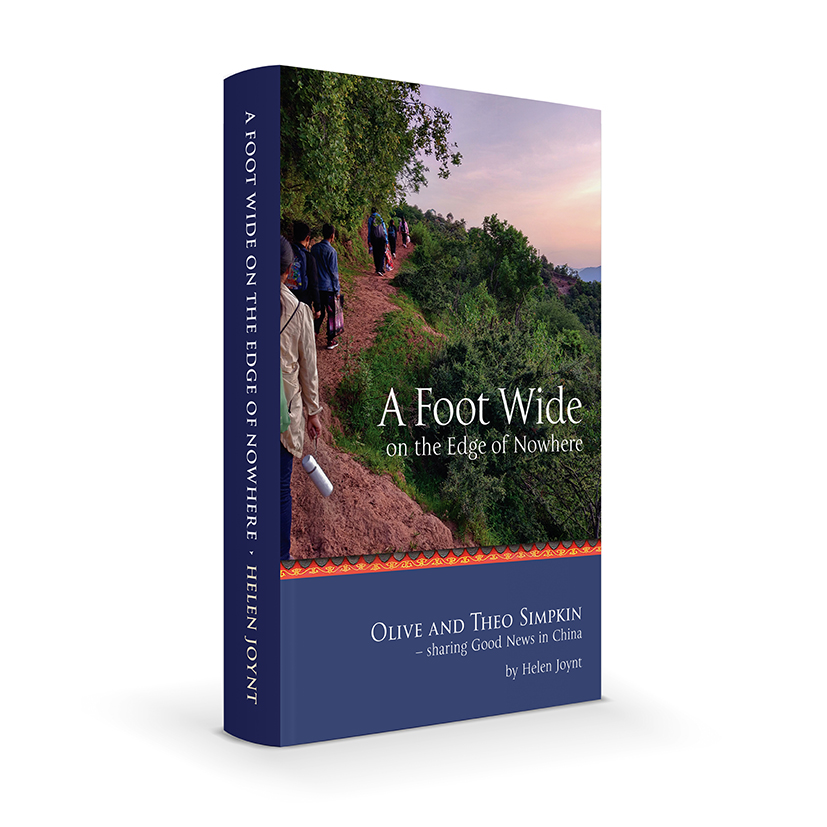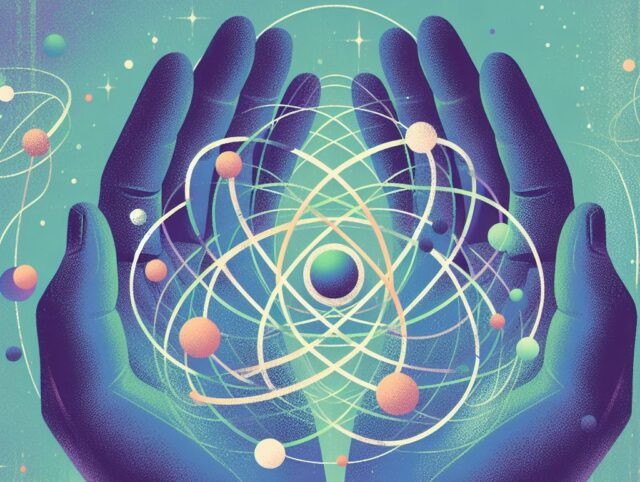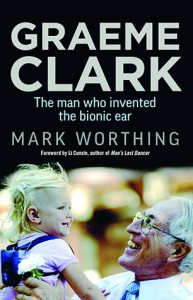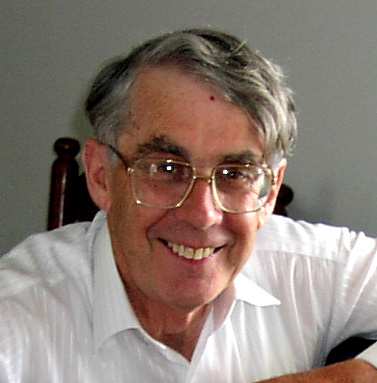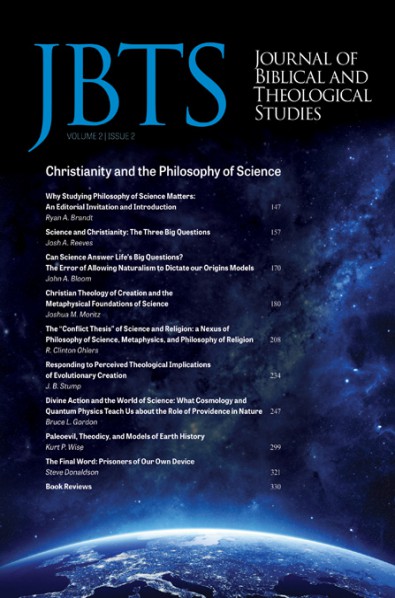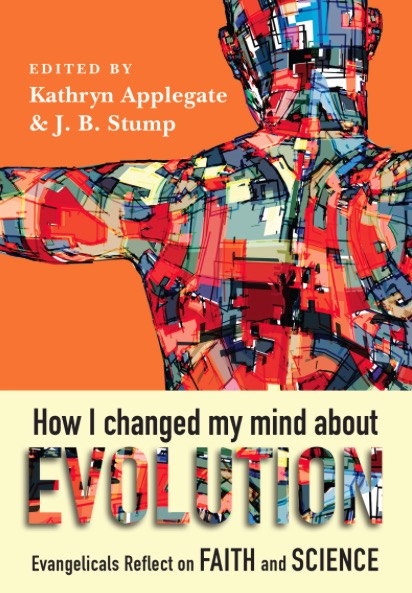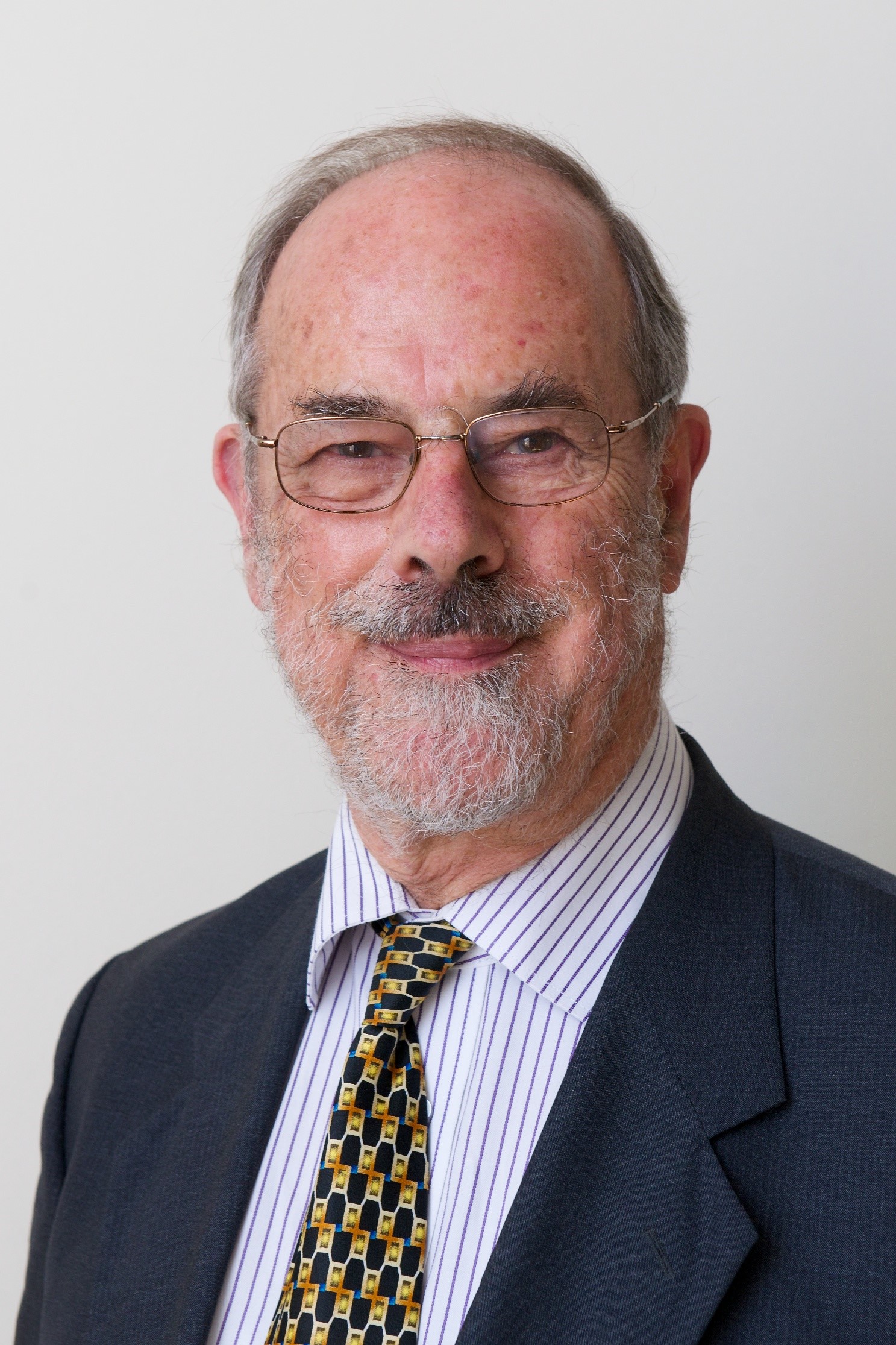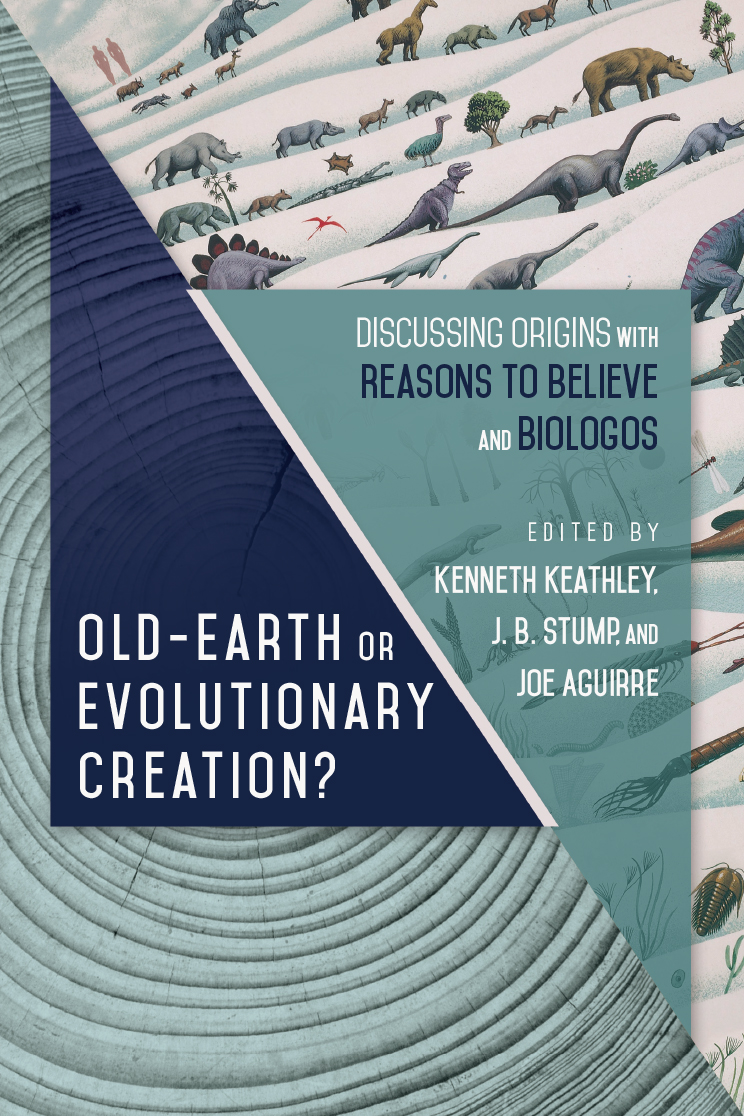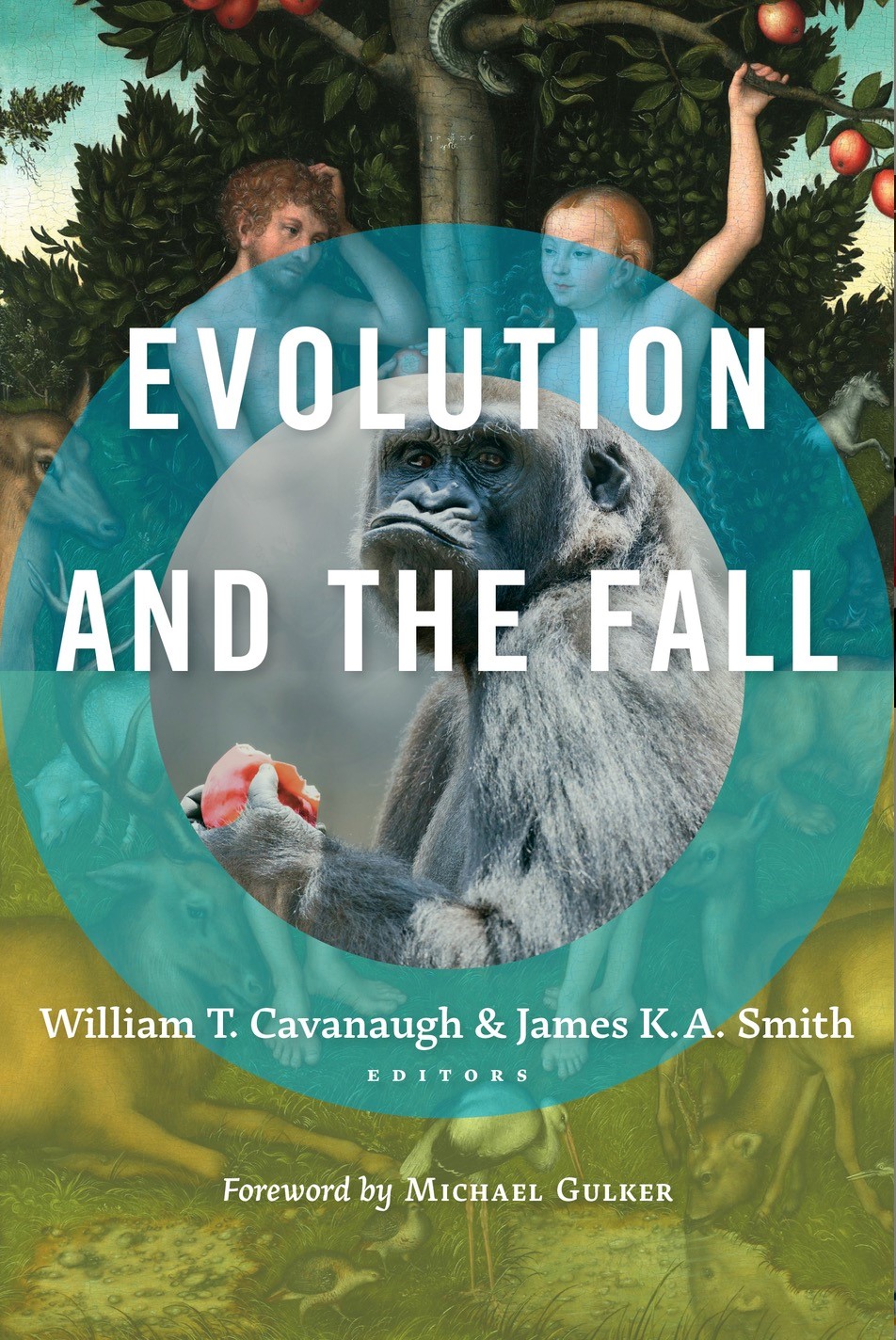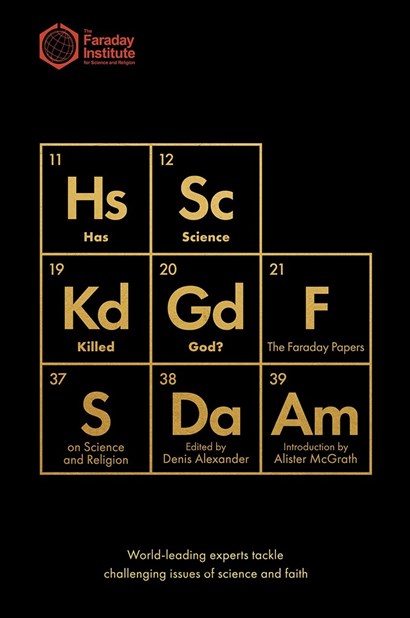


The Christian challenge of our time: the conversation with science
Chris Mulherin, August 2014
Download PDF
The Christian challenge of our time: the conversation with science
Chris Mulherin
Chris Mulherin is an Anglican minister completing a doctorate on science and faith. He works part time as the ISCAST Executive Project Officer
A version of this article appeared under the title ‘The Christian conflict with science is dead’ in The Melbourne Anglican, June 2014, p. 21.
In an increasingly global and secular scientific culture the cutting edge of Christian engagement is the conversation with science. In fact, the progress or decline of Christian faith in the 21st century depends in large part on its dialogue with science.
For Christians, the current cultural skirmishes might seem to be about the best expressions of human sexuality or religious education in schools, but there is an underlying issue that those ones depend on and which is far more important; it is the prior question of whether the Christian faith can even be taken seriously in a scientific age.
In every generation cultural and intellectual realignment redefines the ‘plausibility structure’, which determines the limits of what is credible, of what is believable, of what is even possibly true. And the task of Christian apologetics—the defence of the faith—is to enter the cultural fray and argue the case that the Christian faith is a credible worldview. No amount of discussion about marriage, for example, is relevant if Christianity’s claim to truth is written off as hocus-pocus. And if science is the norm of truth, then the credibility of the faith depends on the way people view its relationship with science; if people are convinced that there is a fundamental conflict between science and religious belief, there are no prizes for guessing which side most will vote on. So while Christians are confident that ‘the gates of hell will not prevail’ (Matt. 16:18) against God’s church, that is no guarantee of a continuing cultural majority. Nor is it a theological excuse for retreat from the marketplace of ideas.
Yes, the faith will endure. But ‘love God with all your mind’ (Matt. 22:37) and being prepared to ‘give an account for the hope that is in you’
(1 Peter 3:15), amount to a biblical call on Christians to engage vigorously with the powerful voices that would sideline Christianity without taking it seriously. In G K Chesterton’s famous quip, Christianity ‘has not been tried and found wanting. It has been found difficult; and left untried’ (Chesterton 1942). Although ‘the conflict thesis’ is no longer taken seriously at the level of serious discussion, many public perceptions are driven by both political correctness (so faith is left untried) and what the philosophers call confirmation bias, which, in short, means that when faith is found difficult, it is rejected because it challenges one’s deeply held views rather than confirming them. And for those who find faith difficult and who would rather leave it untried, it is overwhelmingly to science and the conflict thesis that they turn for solace and confident unbelief. In sociological and intellectual terms the science-Christianity conversation is the cutting edge of Christian faith surviving in the Western world; it’s the front of advance or retreat of credible Christianity.
The gifts of science and of faith
Both science and Christianity are gifts of grace, either of which we disrespect to our peril.
The gifts of science are numerous, breath-taking and worthy of deep gratitude. As a means of discovering truth about the natural world science is outstanding, offering extraordinary insight into the mechanisms of the universe and of life itself. Scientific knowledge offers a power that has led to rapidly increasing health and wealth for all, including the poorest of the global population. And despite continued inequity, as well as the abuse of the power of science to commit appalling atrocities, such blights cannot be blamed on the scientific enterprise. Why? Because no amount of science can provide answers to questions of meaning or morality. Science cannot tell us when its products are well spent and when not. It cannot tell us if the means of ending life painlessly should be used; it cannot tell us whether the next generation of military weaponry is for good or ill; it cannot tell us whether we ought to spend billions on space exploration or sustainable agriculture. These are questions outside the ambit of science.
And the gifts of Christianity too, at a purely secular level, are also manifest. Human rights entrenched worldwide, convictions about charity, compassion, justice, the social welfare net, equality—all have roots and motivations deep within the Christian faith. But the Christian worldview— so foundational to a Western culture of equity and corresponding rights— is being dismantled piece by piece. While vestiges remain, such as the equal dignity of all human beings or ‘do unto others’, they are now adrift from their roots, which lie in the conviction that humans are made in the image of God.
Culture and credibility
With globalisation and the spread of techno-scientific thinking and practices—most obviously exemplified in the internet—a secular scientific worldview is advancing to all corners of the earth. This view, most aggressively championed by the so-called New Atheists, challenges all non-scientific thinking in its advance.
Today the right to be heard depends partly on getting along with mainstream science. And, in a sense, that is as it should be. But ‘mainstream science’ is not the same as scientism, the ideology that says that science has (or will have) all the answers. Scientism, which goes well beyond healthy science, is becoming the cultural default position; ‘when it2
comes to facts…science is the only game in town’, says Daniel Dennett (Dennett 2006), philosopher and one of the media personalities of popular atheism. So the comprehensive Christian worldview, which has for centuries included science as an essential element, is increasingly dominated by a view that science, seen as the epitome of sure knowledge, offers the only access to truth.
In the face of this changing balance of cultural forces and views about what is credible and what should be relegated to in-credibility, there are three options open to Christians.
The first option is accommodationist in the extreme. It is to allow secular cultural norms to dictate the nature and boundaries of truth. This path would accept that science and faith are worlds apart and that faith makes no universal truth claims. This is to capitulate; it involves denying that Christian faith is true in any serious sense. It involves tacitly accepting the New Atheist line that faith in Jesus Christ is akin to believing in the tooth fairy or Father Christmas. It also involves ignoring the biblical record including the words of Paul that if Christ was not raised bodily from the dead then our faith is in vain (1 Cor. 15:17).
The second option is to beat the retreat to the Christian ghetto, boldly asserting a naïve biblical literalism and seeing the scientific enterprise through conspiracy-theory lenses or more likely simply ignoring much of science while enjoying its fruits. This path would accept that science and all religion are worlds apart and that, borrowing from Os Guinness, Christianity might be privately engaging but it is publicly (and scientifically) irrelevant (for example in Nazworth 2013). This is a way backward that not only casts aspersions at the integrity of scientists but also at the third person of the Trinity; it uses a hermeneutic of suspicion to doubt the integrity of millions of Christian scientists and thinkers, while not applying that same suspicion to its own conclusions.
But there is another option: a way that has been the orthodox manner of engagement since the beginning of the Christian era. Following the example of the Galilean teacher, Paul the apostle debated with the public world of his time on the Areopagus in Athens—also known as Mars’ Hill (Acts 17). And for two thousand years since, thoughtful Christians have proclaimed that the God of the Bible is revealed both within that book and also through achievements of the arts and sciences. This third option is to follow the path trodden by the great Christian scientists and thinkers of history and to thoroughly affirm the two books of God—the book of his Word and the book of his works. In every generation it needs to be proclaimed again from pulpits and peer reviewed articles: all truth is God’s truth; there is no conflict between science and faithful Christian belief!
The conflict thesis is bunkum
The past crowd of witnesses who saw no conflict includes hundreds of the great names of Western history. To name only a few who are prominent in the history of science: Roger and Francis Bacon (linked across three centuries by their names and by laying foundations for the scientific method), William of Ockham (and his famous razor), Jean Buridan (presaging inertia), Copernicus, Kepler, Galileo, Descartes, Pascal (remember his triangle?), Boyle (of gas law fame), Linnaeus (natural taxonomy), Bernoulli (his law keeps planes in the air), Lavoisier (we owe chemistry to him), Faraday (invented the electric motor), Maxwell (electromagnetic fields), William Bragg, Max Planck, Werner Heisenberg (creator of quantum mechanics)—the last three also being Nobel laureates.
And, to counter the prejudice that devalues past thinkers as semi- incompetent and ignorant in the light of present knowledge, there is no question that numerous outstanding living scientists and other respected thought leaders are also Christians: John Houghton, lead editor of the UN’s Intergovernmental Panel on Climate Change; Francis Collins who led the human genome project and is now head of the US government National Institutes of Health. And here in Australia people like Graeme Clark of bionic ear fame or Glenn Stevens—not a scientist but head of the Reserve Bank—are household names and people for whom Christian faith and serious engagement with ‘secular’ thinking poses no conflict.
Of course the point is not that that any list of Christians who are also people of public stature proves that Christianity is true; what it proves is that it is possible for publicly respected leaders who are rigorous thinkers to be committed to the truth of Jesus Christ.
Philosophers of religion too are aware of this and while they may personally be atheists they often recognise that there is no necessary conflict between science and faith. Atheist philosopher, Jim Stone, says that believers are often excellent philosophers and respected by their atheist colleagues. But he is frustrated with fundamentalist atheism, which has no conception of its own blinkered approach. He says,
the people I don’t like are the New Atheists, because they don’t seem to realize that the [Christian philosophers] with whom I must contend even exist.
Stone, 2009
Other prominent thinkers too are frustrated by hysterical atheism. The un- reasonable and vitriolic attitude of books like Richard Dawkins’ The God Delusion, prompted atheist philosopher of science, Michael Ruse, to say that the book makes him embarrassed to be an atheist (Ruse, 2009).
Into the fray
The time for simplistic belief and unbelief is over. Fundamentalists, religious and atheist, must give up their ground to views that hold science in its rightful place as servant of a broader worldview—Christianity in its fullness—which offers the soil out of which grew both modern science and a global framework of justice and human rights.
The need is for Christian thinkers, and especially those who are involved in science and technology, to take up the gauntlet laid down by secularists and to speak up and to speak loudly about their own experience of integrating their faith with the best that science has to offer. Christian scientists must come out of the shadows. Their science is important but the future of a culture deeply rooted in human dignity and meaningful existence depends also on knowing there is more to truth than what science can offer.
The need is for pastors to convince their flocks so that no Christian lives with that uneasy secret suspicion that faith is actually the antithesis of science and serious thinking.
The need is for theological educators to ensure that students comprehend that the study of God’s Word and the study of his works are not incompatible exercises; the basics of apologetics and some understanding of science should be par for the course in training for Christian ministry in a scientific age.
In short, the need is to proclaim in every pulpit and public space, in academia and the Twittersphere, in every Christian classroom and lecture theatre, that the conflict thesis is dead—in fact, never was a credible view—and that the survival of human society as we know it depends on a healthy relationship between science and Christianity.
References
Chesterton, GK 1942, What’s wrong with the world? Sheed & Ward, New York.
Dennett, D 2006, ‘When it comes to facts, and explanations of facts, science is the only game in town’, New Statesman, 10 April, viewed 12 August 2014, http://www.newstatesman.com/node/152968
Nazworth, N 2013, ‘Os Guinness: Religious freedom necessary for a world of diversity, but America is squandering its heritage’, Christian Post, 18 September, viewed 12 August 2014, http://www.christianpost.com/news/os-guinness-religious-freedom-necessary- for-a-world-of-diversity-but-america-is-squandering-its-heritage-104781/
Ruse, M 2009, ‘Why I think the New Atheists are a bloody disaster’, Beliefnet, viewed 12 August 2014, http://www.beliefnet.com/columnists/scienceandthesacred/2009/08/why-i-think-the- new-atheists-are-a-bloody-disaster.html#
Stone, J 2009, ‘Effects of specialization’ (comment), PhilPapers, viewed 12 August 2014, http://philpapers.org/post/2423
